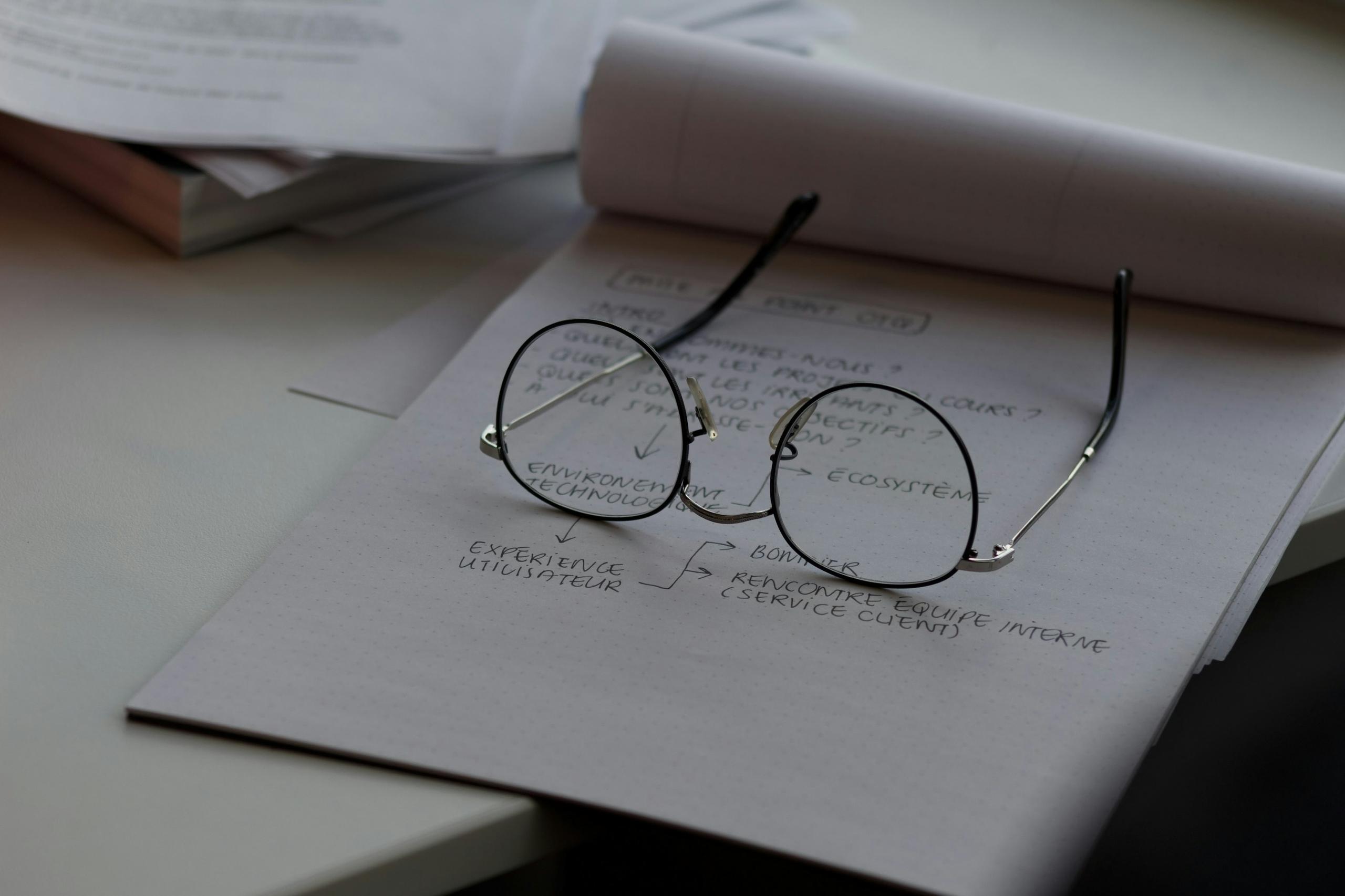Table of Contents
Philadelphia Intersection Accident Attorney
If you or a loved one have been injured or killed in an intersection car accident, it is crucial to seek professional legal assistance to guide you through the complexities of filing a claim. Contact a Philadelphia Intersection Accident Attorney at PhillyLaw for a free consultation to discuss your case and explore your options for seeking compensation for your car accident injuries.
Common Causes of Intersection Accidents
Intersection collisions in Pennsylvania often stem from a variety of factors, each contributing to the dangerous scenarios motorists and pedestrians face daily.
Driver Inattention
One of the most prevalent causes of car accidents in an intersection is driver inattention, which includes distractions from mobile devices, navigation systems, or other passengers. Distracted driving can significantly increase the risk of intersection accidents.
When drivers divert their attention from the road to interact with their phones, adjust navigation settings, or engage with passengers, their reaction times are delayed. This delay is often critical in intersection scenarios where sudden stops, traffic signal changes, and pedestrian crossings require immediate attention. A moment’s distraction can mean the difference between a safe passage and a catastrophic collision, underscoring why attention to the road is paramount, especially in intersections where the complexity and frequency of potential hazards are significantly higher.
Speeding
Speeding is another major factor, as drivers moving at high velocities may find it difficult to stop or react in time to traffic signals or other vehicles. Speeding exacerbates the risk of intersection accidents by drastically reducing a driver’s ability to respond appropriately to unexpected changes, such as sudden stops or the quick appearance of pedestrians. At higher speeds, the distance required to come to a complete stop increases, making it challenging for a speeding vehicle to adhere to traffic signal changes promptly.
Furthermore, the force of impact during a collision is directly related to the vehicle’s speed; thus, accidents at intersections involving speeding vehicles are more likely to result in severe injuries or fatalities. This makes speed management crucial for safety, particularly in urban areas where intersections are prevalent and pedestrian traffic is high.
Disregarding Traffic Signals
Disregarding a traffic control device such as a red light, or ignoring a stop sign, can play a critical role in the occurrence of intersection accidents. Traffic signals like stop lights and stop signs serve as the primary means of coordinating movements between various road users, including motorists, cyclists, and pedestrians.
When drivers intentionally or unintentionally ignore these traffic control devices, they disrupt this coordination, leading to dangerous scenarios. For instance, running a red light can cause a driver to enter an intersection while cross-traffic, which has the right of way, is actively moving through it. This violation not only increases the risk of side-impact collisions but also poses a significant danger to pedestrians crossing legally. Consequently, such actions not only compromise the safety of the offending driver but also put all other road users at substantial risk of harm.
Aggressive Driving Crashes
Aggressive driving behaviors, including road rage, rapid lane changes, and failing to yield the right of way, are significant contributors to intersection collisions. Drivers who engage in aggressive driving are often unpredictable, making it difficult for other motorists and pedestrians to anticipate their actions. For example, an aggressive driver may decide to speed up in an attempt to beat a red light, or may aggressively change lanes in an intersection without proper signaling. Such behaviors increase the likelihood of conflicts and collisions at intersections, as they compromise the safety protocols designed to regulate traffic flow.
Furthermore, aggressive driving can provoke retaliatory actions from other drivers, escalating the potential for accidents. It is crucial for drivers to maintain a calm and courteous demeanor on the road, adhering to traffic laws and signals, to ensure not only their own safety but also the safety of others sharing the road.
Poor Road Conditions
Poor road conditions or inadequate signage could also contribute, especially in areas where visibility of the intersection’s layout is compromised.
Poor road conditions play a significant role in contributing to intersection accidents, impairing drivers’ ability to safely maneuver their vehicles. These conditions can include:
- Potholes: Deep and abrupt potholes can disrupt a driver’s control over their vehicle, potentially leading to accidents, especially if they attempt to swerve suddenly to avoid them.
- Uneven Road Surfaces: Differences in road elevation, such as those caused by inadequate maintenance, can affect a vehicle’s stability and braking, making it harder to stop or maneuver.
- Slippery Surfaces: Roads that are wet, icy, or have loose gravel can significantly reduce tire traction, increasing stopping distances and making it difficult for drivers to maintain control, especially at intersections.
- Poorly Marked Lanes: Faded or absent lane markings make it challenging for drivers to determine the correct positioning, particularly when navigating through or turning at intersections.
- Lack of Visible Signage: Signs that are obscured by foliage, vandalized, or poorly lit at night can fail to provide drivers with necessary warnings or directions, leading to confusion and misjudgments at intersections.
Impaired Driving
Lastly, impaired driving, whether from alcohol, drugs, or even extreme fatigue, compromises a driver’s ability to safely operate a vehicle, making intersections particularly perilous zones. Alcohol and drugs can severely affect a driver’s judgment, coordination, and reaction times. This reduced capacity can lead to misinterpretation of traffic signals, inability to adhere to speed limits, and challenges in navigating turns or avoiding unexpected obstacles.
Fatigue, similarly, dulls the senses and slows reaction times, often to a degree comparable to that of intoxication. At an intersection, the complex environment requires quick decision-making and precise control—abilities that are significantly diminished in an impaired driver. This impairment may result in failing to notice a red light, misjudging the speed of oncoming vehicles, or neglecting to yield the right of way, all of which can dramatically increase the risk of causing a collision.
What to do if You Have Been Involved in an Intersection Crash
If you find yourself involved in an intersection crash, the first step is to ensure the safety of all parties involved. Move to a safe location if possible, and immediately call emergency services to report the accident. It’s crucial to seek medical attention, even if no injuries seem apparent, as some symptoms may be delayed. Next, document the scene by taking photos of the vehicles, any visible damages, the intersection, and relevant road conditions or signage. Exchange information with the other driver(s), including names, contact details, insurance information, and vehicle registration numbers. Avoid admitting fault or making statements that could be interpreted as such at the scene. Contact your insurance company to report the accident as soon as possible. Lastly, consider consulting with a legal professional, especially if there are injuries or significant damage, to understand your rights and any potential steps for claiming compensation.
Avoiding Intersection Crashes
Avoiding intersection crashes primarily involves heightened awareness and defensive driving practices. Always approach intersections cautiously, adhering to traffic signals and observing right-of-way rules. It’s crucial to anticipate the actions of other drivers, being prepared for unexpected maneuvers. Ensure your vehicle is visible to others, especially during turns, by using appropriate signals well in advance. Checking for blind spots and double-checking for oncoming traffic or pedestrians before proceeding through an intersection can prevent many accidents. Additionally, maintaining a safe following distance allows adequate reaction time to sudden stops or changes in traffic flow. Minimizing distractions and focusing on the road will significantly reduce the risk of intersection-related incidents, ensuring a safer driving experience for everyone involved.
Regular vehicle maintenance is crucial for ensuring your vehicle operates safely and efficiently, particularly when navigating through challenging road conditions like intersections. Vehicle maintenance records should ideally include dates and details of routine checks and repairs, such as oil changes, brake inspections, tire rotations, and alignments, as well as any replacements of critical components like brake pads, tires, and lights. These records not only serve as a reminder for upcoming maintenance tasks but also as a valuable asset in maintaining the vehicle’s resale value and could be pivotal in legal situations following accidents to prove vehicle condition.
Contact a Philadelphia Intersection Accident Attorney at PhillyLaw if You Have Been Injured in an Intersection Accident
At PhillyLaw, we are committed to helping intersection accident victims get fair and just compensation for their injuries. Our dedicated team of attorneys understands the profound impact that these accidents can have on your life, both physically and emotionally. We work tirelessly to ensure that your rights are protected and that you receive the support you need during this challenging time. Contact us for a free consultation from a car accident lawyer to ensure you are seeking fair and just compensation for your injuries.





